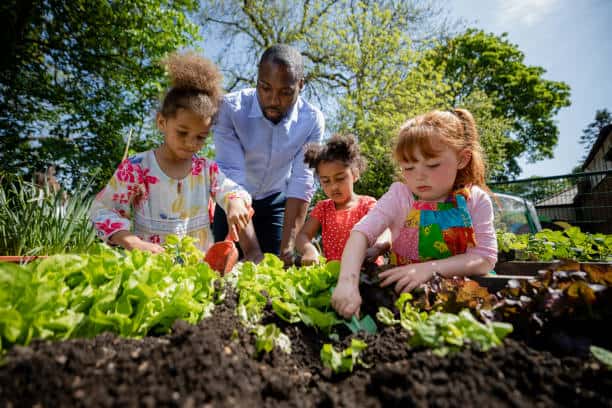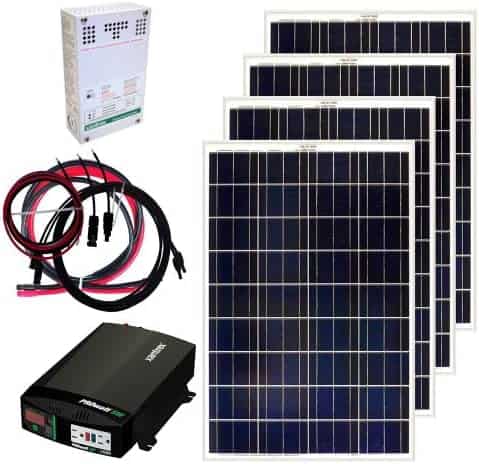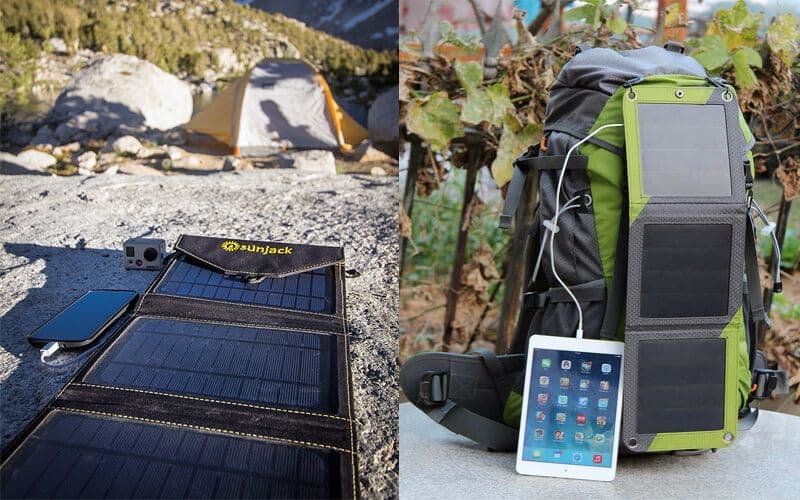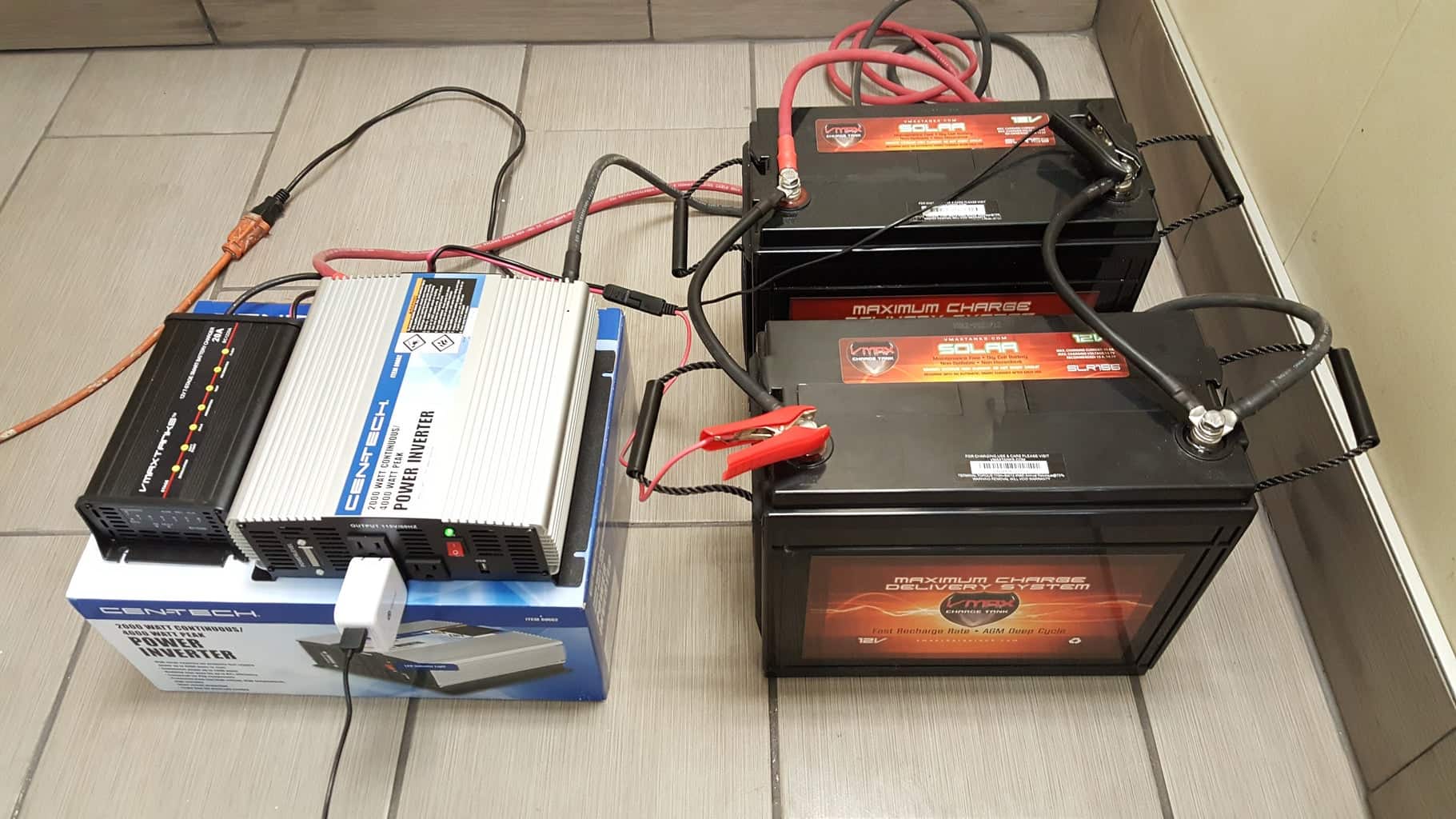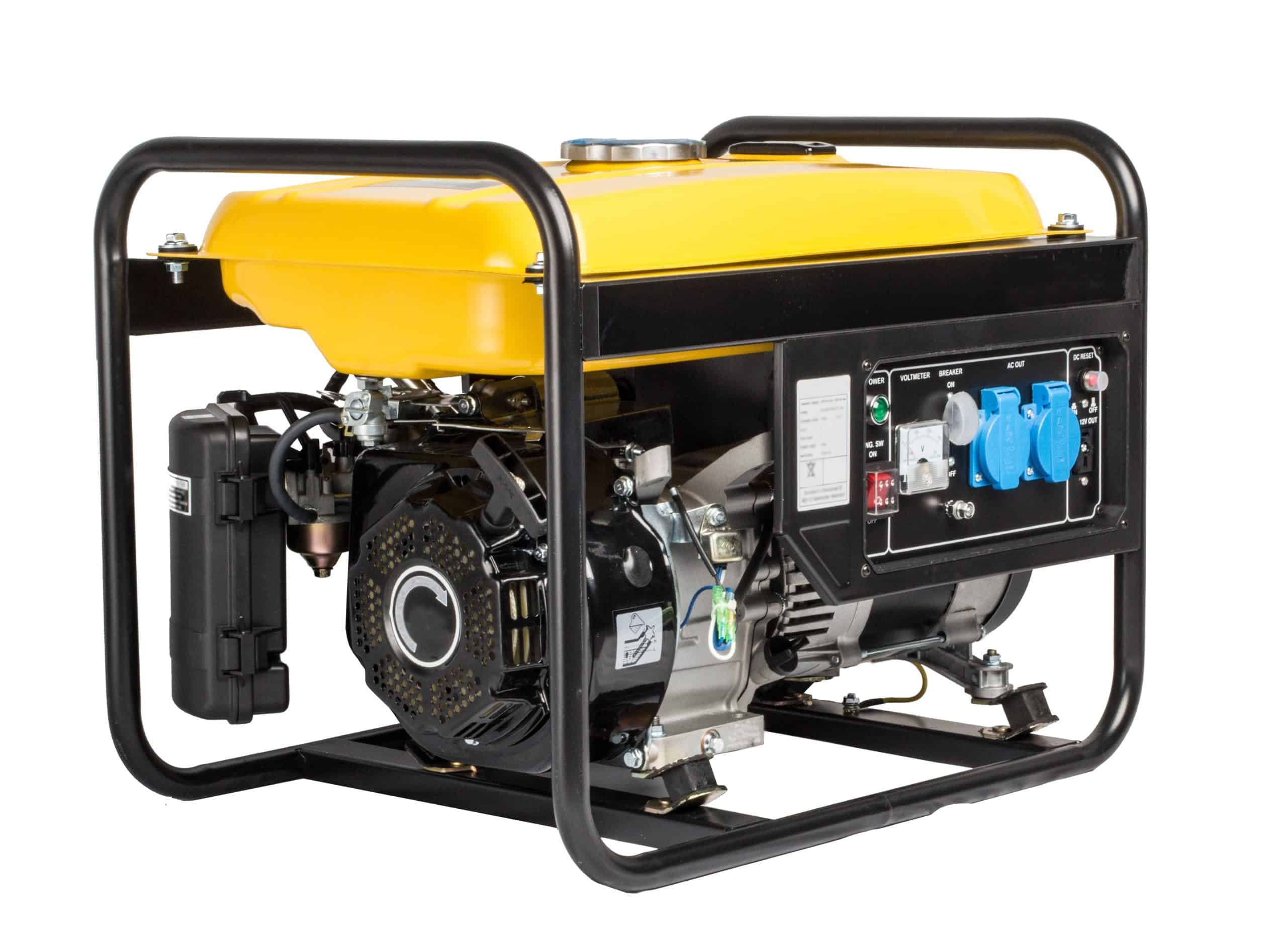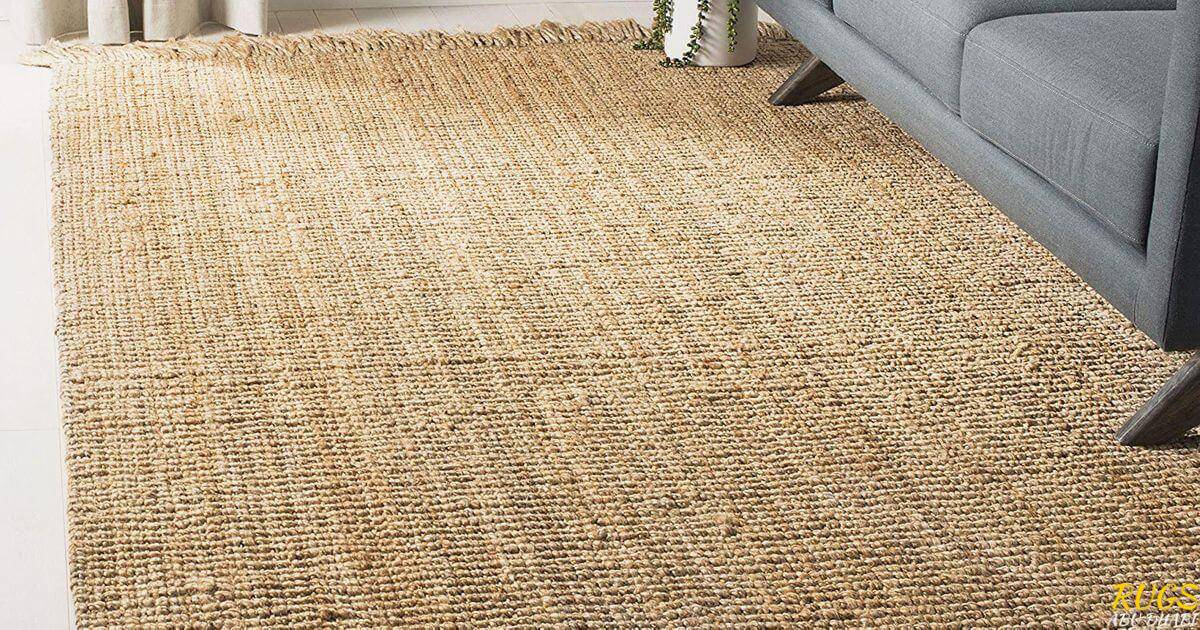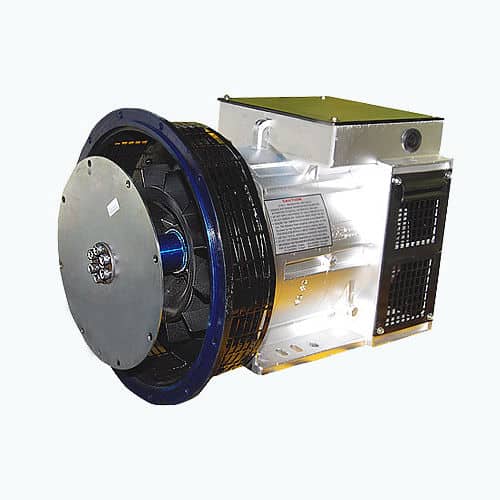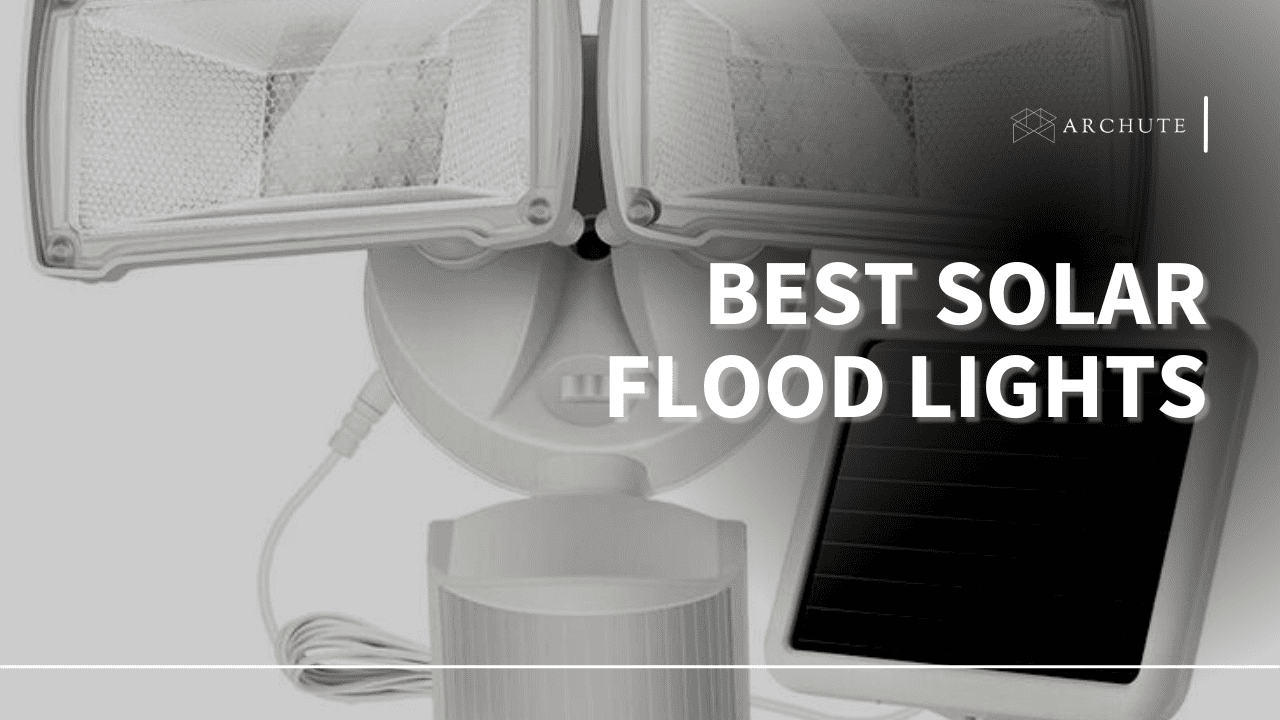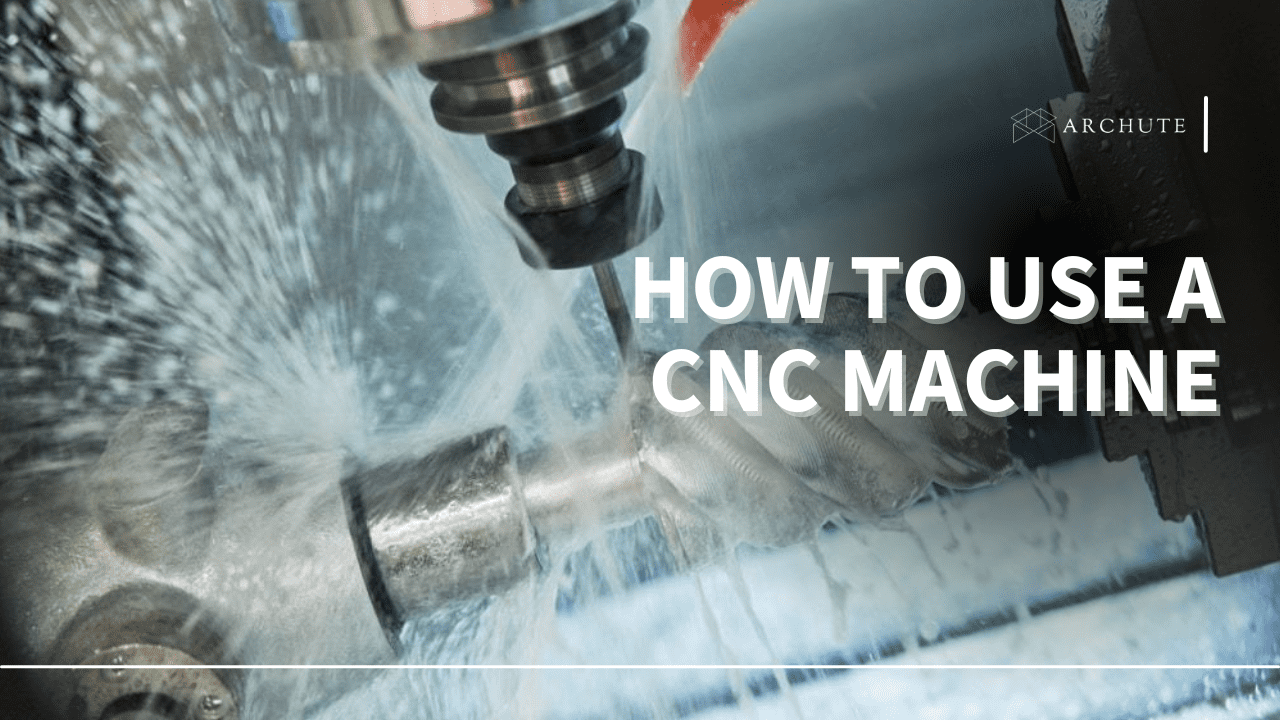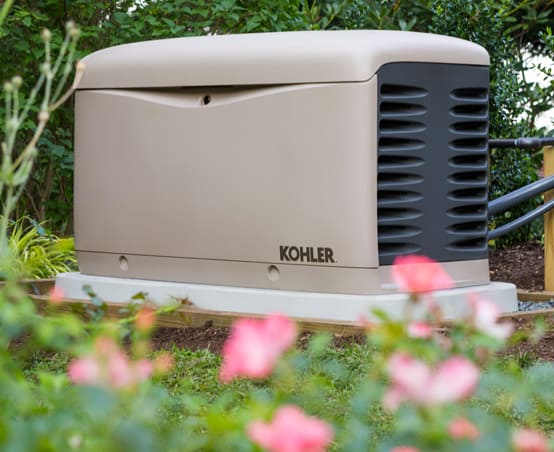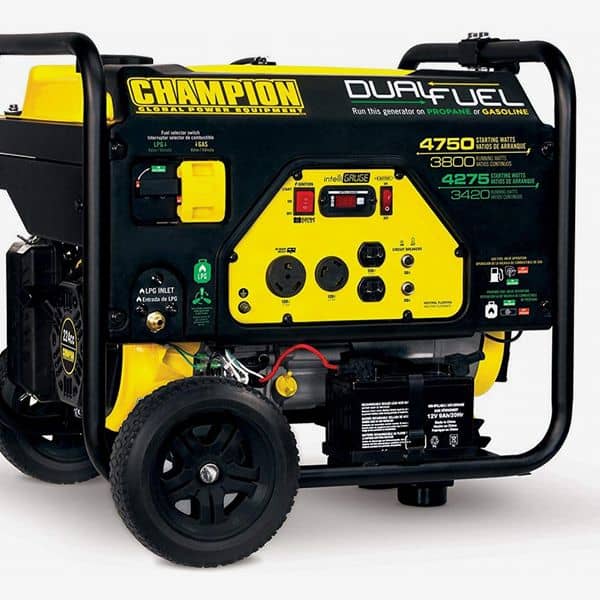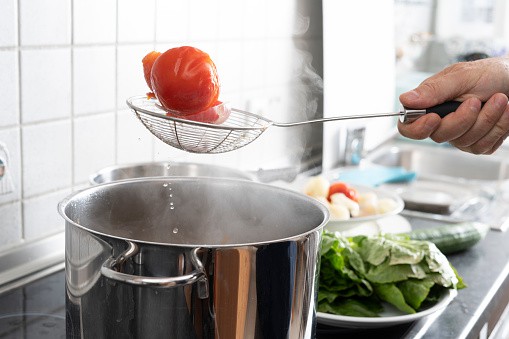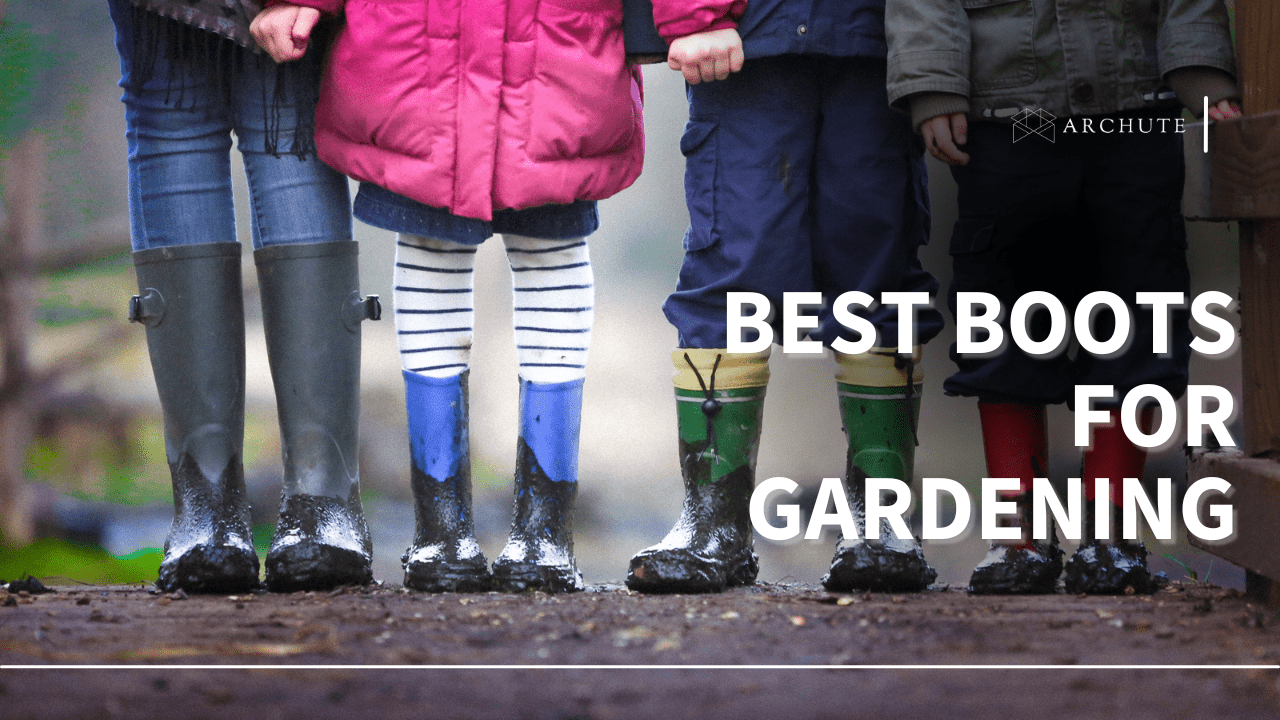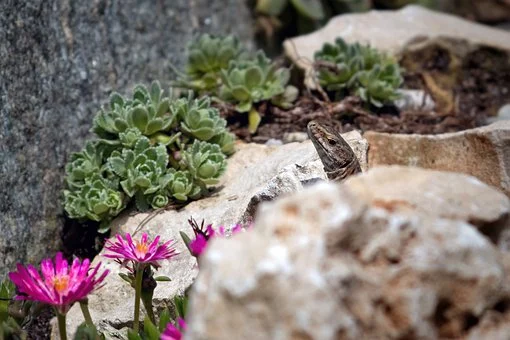To begin with, it is crucial to evaluate several factors when attempting to start a garden. However, if you are a beginner in a rich and enjoyable activity, which is gardening, then you should opt for plants, herbs, and flowers that are relatively easy to cultivate. Thus, what are the recommended plants for the newbies? As we will discover in the following sections.
Why Do You Need Specific Plants For Beginner Gardeners?
The main reason that beginner gardeners need to start small is so that the plants don't die. Due to inexperience, new gardeners would do well with any low-maintenance crop. Furthermore, gardening is not only therapeutic. It is also a way to save money on the majority of groceries. Even with a small garden, you can plant your own organic produce.
Additionally, when you start planting, you need a guide on which plants are best for beginner gardeners. Getting your small garden off to a strong start is very important for the continuity of your plants. Therefore, as a beginner, your main goal should be to keep your garden alive for as long as you can.
Gardening will greatly benefit you and the local wildlife. Not to mention the outside of your house will look beautiful every day. You don't need plants with complicated care regiments for a start. Additionally, plants that are easy to start are usually also very low-maintenance. This is perfect if you are a beginner.
Lets now look at some of the plants for beginner gardeners in the section below:
Best Garden Plants For Beginners
1) Potatoes

Potato tubers ready for harvest
Growing potatoes is not difficult. It does not even require seeds because of spud cultivation. Therefore, all you have to do is take a potato tuber or tubers and leave them out in the sun. They should start to sprout shoots after a few days. The best thing about potatoes is that they can be grown in containers. So if your garden is small, you can get a few containers.
Cut the potato into pieces, but ensure each piece has a shoot. Store them indoors for up to 72-hours and then transfer them to the soil. Whether you use containers or your garden, place the potato sections at least 2 to 4-inches into the soil. Give the potatoes at least an inch of water every week. They should be ready for harvesting by midsummer.
2) Summer Squash
Summer squash is incredibly easy to plant. In fact, it is too easy to plant, which makes it suitable for beginners. To plant summer squash, you need to put compost into the soil. After that, sow 2 to 3 seeds in a mound of soil. Ensure the soil has plenty of compost. Water regularly and check for ripe fruit every few days.
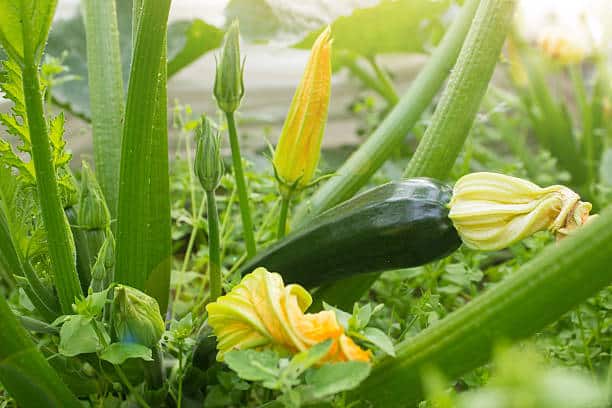
Summer squash vegetables
The fruits grow very large in a matter of days. Therefore, you should start harvesting every few days. You can also pluck unopened flowers to delay fruit production. This will prevent the wastage of produce.
3) Swiss Chard
Chard is also pretty easy to grow in your vegetable garden. The plant can add a touch of color to your garden. Although this vegetable is requires some care throughout its life, it is productive to grow it. To grow chard, you need rich soil. If you don't want to grow it in your garden, you can easily grow it in containers.

Vibrant rainbow swiss chard
There are many varieties of chard. Therefore, you can also go for vibrant colors like rainbow chard. Additionally, you could also go with white stemmed varieties. They grow very quickly and with minimal care.
4) Bush Beans
Bush beans love direct sunlight. They are also the type of plant that grows and matures very quickly. Furthermore, they can also do well in containers. So they are versatile, and you don't need to care for them too much. When planting bush beans, green beans, or even pole beans, push the seed about an inch into the soil.

Mature Bush beans
With any variety of beans, you need to space each plant by at least 6-inches. The roots on bean plants go very deep, and therefore you don't even need compost. Furthermore, avoid adding mulch to your soil because mulch will cool down the soil. Green beans love moist soil with plenty of sunlight for warmth.
Beans also provide a great crop for crop rotation. They put in a lot of nitrogen into the soil, which makes the soil well-drained soil.
5) Tomato Plants
As a beginner gardener, some tomato varieties would be perfect for cottage gardens. Unfortunately, not all tomato varieties are beginner-friendly; however, others are. For example, Bush varieties require less care. With tomatoes, you only need to plant them in a place where they will receive ample sunlight. Additionally, you can also grow them in hanging baskets.
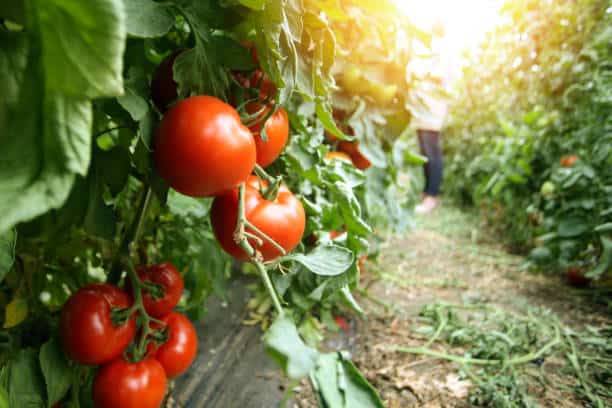
Tomato Plants
Tomatoes are creepers; therefore, you have to provide support by means of a tomato cage or a simple prop. A stick might do. Growing vegetables is not difficult, and especially these tomatoes. You can grow tomatoes from seed packets or even seedlings. You will still get great produce which you can freeze or can.
6) Parsley
Most herbs are pretty easy to grow. However, parsley is one of the easiest plants for beginner gardeners. This is because parsley tolerates a range of temperatures very well. It also needs partial sun to do well. Well-drained soil is also preferred. Parsley is an awesome herb to use as a garnish and as a natural mouth freshener.
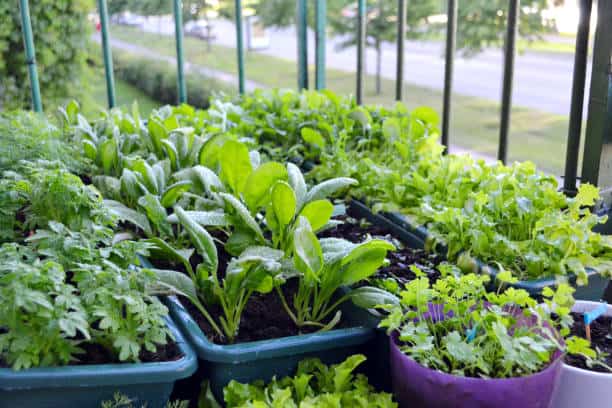
Potted Parsley plants
Parsley can also do well in containers as well as open spaces. So you don't have to worry about it. However, it needs regular watering. Not so much to over-water them, but just enough for hydration.
7) Salad Mixes
By salad mixes, we mean kale, spinach, and lettuce, among others. Using seeds from a seed packet, sow some seeds of your preferred plant about two to three inches into the soil in your vegetable garden. Watering is very important for the wellness of these plant varieties, so they don't become bitter.

Kale, Spinach, and Lettuce
In about 30 to 40-days, they will be ready to harvest. Next, you can harvest leaves by cutting the outer leaves and leaving the inner leaves intact. This will give you an almost constant supply of your chosen vegetable.
How To Start Your Vegetable Garden
When it comes to growing one's own produce, there’s really nothing quite as daunting for a beginner gardener. Well, therefore here are some tips that might help you as soon as you decide to embark on the process. It is important for you to know that your first garden may not be how you envision it. But as you continue to learn and make so many blunders, you will then have a beautiful garden in no time.
a) Begin Small
Starting small will help you reduce wastage. It will also be easier to manage a small space compared to a larger space as a beginner. As you start out, 6 square feet should be ample enough. Additionally, you should also start with no more than five plants. You could also easily start planting in containers on your balcony. Your plants will still thrive.
b) Select The Best Plants For You
Plant what you will eat. This will make more sense than planting what you will not eat. It is therefore very important to conduct research on the plants you want to start with. Productivity and yield should come into your research as well. You should also confirm that you can easily provide all the plant requirements before selecting it for planting.
c) Water And Light
These are the two most important factors to consider before thinking about starting a garden. This is because these factors are essential for plant growth. If you have the space and it is always shady, then you need to create a light or heat source. You also need convenient water access for your plants.
Plants don't need to be watered every day. Instead, they can be watered once a week. This encourages the roots to grow deeper for stronger and healthier plants.
d) Gardening Layout
Believe it or not, gardens need a layout so as not to deplete the nutrients in the soil. Additionally, row cropping or intensive cropping will give you better access to the plants. This will help with dealing with weeds and walking in between the plants. Each method has its own benefits.
e) Rich And Well Drained Soil
Starting off strong will see to the longevity of your garden. Good and rich soil will give you a great harvest, not to mention the best organic produce. If you don't have good soil, not to worry, you can still improve the quality by mulching and composting. Additionally, you can start off on raised beds all season long.
f) Pests And Diseases
Always be ready for pests and diseases. However, as a beginner, it is a good idea to look for varieties that are both disease resistant, pest resistant, and drought-resistant. These are very tough plants and will probably do well even with inexperienced gardeners.
The Bottom Line
Gardening is therapeutic as it is great fun. If you are inexperienced, not to worry, as more ideas will come to you as you continue your gardening journey. You will be capable of expansion in a few months. You just have to be patient.

